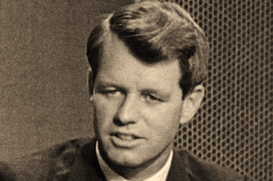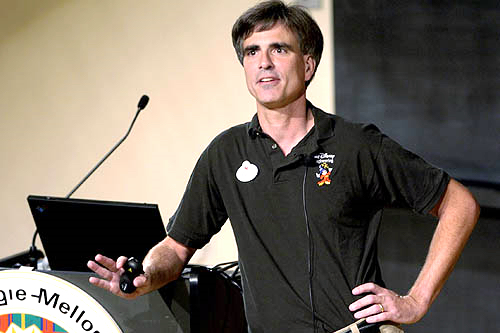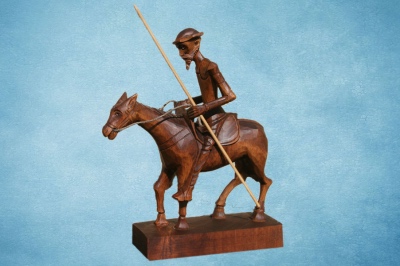But I Am Not from La Mancha
|
I am Don Quixote. That assertion may seem a strange statement. Nonetheless, I don't want any of my readers to dismiss it as inconsequential. As I deal with life in the sunset years, Don Quixote is more and more who I see myself to be. I have written about asking Kristin, my daughter, to bring back a picture of Don Quixote when she went to Spain, which was over two decades ago. This is a pen and ink drawing done by a friend of hers in Spain.
Interestingly, while I treasure that drawing, it is not how the average person pictures Don Quixote. This is my namesake telling the world who he is. The world does not view him as defected. This is Don Quixote. However, there is another part of reality for Don Quixote. He fails. He joists with windmills and often loses. Additionally, he wants his love, Dulcinea, who rejects him. Nevertheless. failure does not stop Don Quixote; he goes on in spite of failures with the various joisting with the windmills in life. 
The knight-errant, Don Quixote Don Quixote had a long list of what he called his quests. They are not easy, and he did not accomplish them all. In fact, he failed many times in his noble attempts. 
One of Don Quixote's failed attempts Nevertheless, he got up every morning and faced life that day. If he failed at one windmill, he moved on to the next. He was a dreamer.
It is precisely his drive and determination, which I possess in my attempt to learn from him. That is why he has been a mentor of mine for years. I look at the picture that my daughter brought back from Spain for me. It isn't the victorious knight-errant. It is a broken man. Don Quixote failed. The issue isn't failure; it is how the Man of La Mancha dealt with the failure. Randy Pausch in his Last Lecture said, "We cannot change the cards we are dealt, just how we play the hand." I won't win all the time. In reality, if I win at some of my quests, that is the point and something that I learned from my mentor. As I look back upon my life joisting with my windmills, I would not wish to recount my failed attempts. However, another of my mentors, Teddy Roosevelt, gave a speech at the Sorbonne in 1910. This paragraph is called by historians the Man in the Arena paragraph.
I memorized Man in the Arena in high school and have never forgotten Roosevelt's point. Essentially, both Don Quixote and Roosevelt understood life. Life is not a bed of roses. That is reality. However, how we deal with that reality will make us into the person we can be. That is precisely what Pausch understood as he was dying of pancreatic cancer. Don Quixote and I also share another quest. As he said, "I come in a world of iron to make a world of gold." That quest of transforming life from iron to gold is a glorious quest. The Man of La Mancha reflected upon sanity in life, "Too much sanity may be madness - and maddest of all: to see life as it is, and not as it should be!" How is that drive any different than still another mentor of mine, Bobby Kennedy's belief? Kennedy said, "Some men see things as they are and say, why; I dream things that never were and say, why not." What is the alternative to doing what Don Quixote, Teddy Roosevelt, Randy Pausch, and Bobby Kennedy did in life? Fight the good fight. Pouting about what could have been is not an option. One, who choses that alternative, has already failed before even trying. Life is all too brief to waste the time that we do possess without attempting our various quests. Kennedy warned us, "Fear not the path of truth for the lack of people walking on it." All of those doers of deeds understood that reality. Don Quixote was willing "To run where the brave dare not go; To right the unrightable wrong." That is an example for each of us in our own lives. In reality, what is the choice for you and me? Pray tell, what nobility is there in quitting and then pout about one's suffering? In one way or another, we all suffer, which is not the issue. The issue is how we face the obstacles in life which cause us suffering. This is a statue of Don Quixote that Kristin gave me also years ago. This is Don Quixote, who got up in spite of a failure and he rode back into the fray.
Another parallel between the Man of La Mancha and the Man of Crown Point is honesty. Don Quixote was honest with both his honesty toward Dulcinea and to the other issues in his life. Finally, both Don Quixote and I were willing to take chances with our various windmills in life. I can look back upon my years and see many places that I took chances that others would not have taken in my various quests. Some of my quests were life-threatening while others were professional or personal. Many people will play their cards close to their chests. I do not discredit that modus operandi. However, I won't. Don Quixote and I are "willing to march into hell for a heavenly cause!" From a purely personal point of view, I would rather fail at what might prove in hindsight a gargantuan quest that was unrealistic. I have taken on quests of joisting with some windmills that even then were fraught with what seemed impossible. Having admitted that those quests were unrealistic, I would have rather attempted the impossible than to have never tried. That mindset harkens back to Roosevelt's "daring greatly." Don Quixote said the same thing even on his deathbed,
Having danced with death, I realize the reality of life and death. Live life. I'll see you in the fields of windmills.
Visit the Bobby Kennedy page to read more about this topic.
Visit the On Seeing the Light page to read more about this topic.
Visit the Connecting the Dots page to read more about this topic.
Visit the Darkest Before Dawn page to read more about this topic.
Visit the The Last Lecture page to read more about this topic.
Visit the Dancing with Death page to read more about this topic.
Visit the My Hauntings page to read more about this topic.
Visit the "Don Quixote" page to read more about this topic.
Visit the Man in the Arena page to read more about this topic.
Visit The Mentors and Me page to read more about this topic.
Visit the Best and Worst of Times page to read more about this topic. 04/15/16 Follow @mountain_and_me |



















